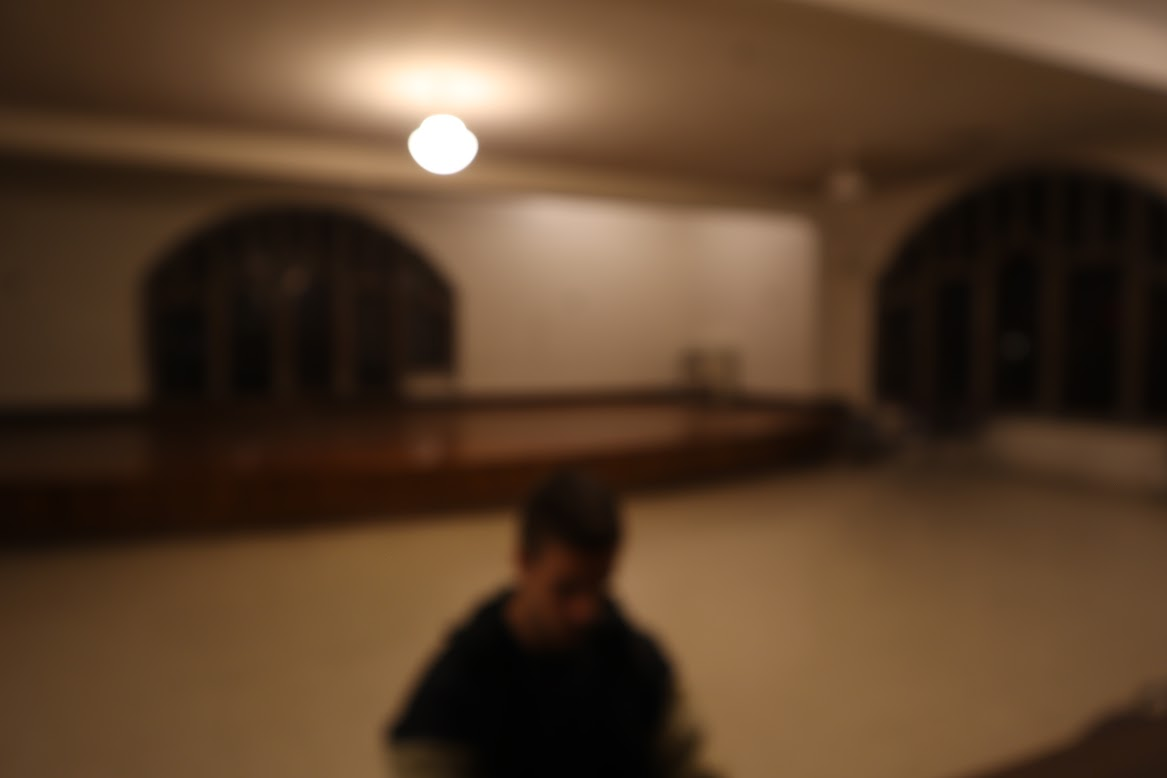Newsletter #4
8 min. read
Hello.
Today's edition brings a double-dosage of weekly updates given that I regrettably missed out on last Sunday (for reasons that will be obvious by next week 🫣). With twice the amount of stuff to cover, I was skeptical about having enough time, but the good news is that the writing process is becoming more and more efficient with subsequent weeks.
Week 3 ran over the last week of January, and can be found below.
Week 4 which marked the start of February is below.
I think the reports should hopefully stand for themselves to tell you what sort of time I am having over here! I am always looking to expand what I am writing about in more meaningful ways, so if you have any suggestions on that end please do not hesitate to reply to this email or contact me on the website.
Anyway, enjoy the reading, and have a wonderful rest of the day, wherever this is reaching you from.
Photos.



Bullet digest.
Something I am re-reading... The timeless Of Wolves and Men by Barry Lopez. One of my favourite books that I have ever read and one of the first books on nature I had read in some time, the first pass of Lopez's exploration of this great animal had me floored. A second re-reading has confirmed what I loved from the first round. The book charts the history of wolves and in particular how their mythos and relationships have evolved alongside mankind.
Something I am watching... The 10-day discourses by S.N. Goenka. In December I went on a 10-day meditation retreat and each day concluded with one of these discourses. They hit different now compared to back then when I was in insufferable discomfort, but his orations and analysis of happiness, suffering and meaning are some of the most compelling I have seen. If you're looking for something to binge-watch, reach for this instead of the next recommendation on Netflix.
An app I am using... A workout-tracking app called Hevy. I have a serial desire of wanting to track and quantify as many of the key areas of my life as possible. As the saying goes "What gets measured, gets managed". For the longest time I had no good way of doing this for gym workouts until I started using Hevy and I have to say I am impressed. It makes it easy to see when you up the weight on a lift, though I would love it if it had some built-in engine to recommend the particular number of sets, weight and number of reps to do that day.
Digressions.
Open-sourcing (scientific/mathematic) computation is the future
One of the first events I went to run by the Purdue Astronomy Club was called Citizen Science and used a website called Zooniverse - whose motto is "People-powered research" - to train us on how to classify galaxies.
- The site presents one from a series of thousands of images (actually 50,000) such as the one below and asks you to classify it based on particular metrics. The results are then fed back to the laboratories and observatories who collated the original images. There is helpful documentation to clarify terminology as well.

Each image will receive dozens of classifications, leveraging the fact that for some objective problem like this a group will, in the average, converge to a particular answer.
- The site has heaps of other open projects you can freely contribute to from biology to history to maths.
I love this. For one, it obliterates the notion of their being a high barrier-of-entry to scientific endeavour - all that is required is a computer and an internet connection. It reminded me of (still-open) projects where you can "donate" compute resources from your personal laptop so that instead of being idle, it participates in computation related to prime-searching or crunching digits of pi.
For two, we are at a point in science and maths I feel where the golden era of the individual genius is subsiding. Progress initially came in massive strides from the minds of a few, yet now this same progress is incremental, if not anemic.
- What we do have at our disposal that no previous generation has is unfathomable amounts of computing power and time resources, and so it stands to reason that directing some non-trivial fraction of this to such research is perhaps the most likely place for the next great discovery to come from.
In a related vain, it is a similar precept that is inspiring so-called innovations of the Web like Web 5.0.
Currently, most of the websites you visit are cached on servers owned by the likes of Amazon, Google and other such monoliths.
The proposal with new iterations of the web is to harness the power of personal computers (personal computer resources times number of personal computers would surely far exceed compute resources owned by Amazon) to serve content.
This is similar to how torrenting already works, where you download the content from a peer node in the network.